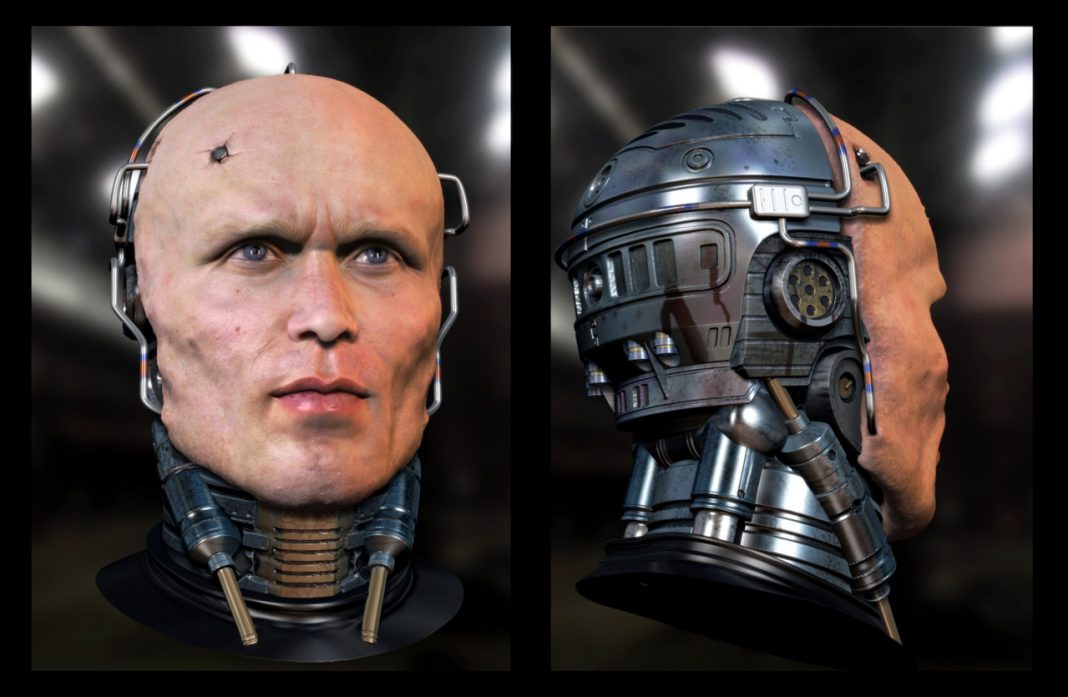Yuval Noah Harari is the author of international bestseller “Sapiens: A Brief History of Humankind” (2014) and “Homo Deus: A Brief History of Tomorrow.” In his books, Harari promotes a future filled with transhumanism, upgraded super-humans who dominate the world, and a technocratic elite class where big tech companies like Facebook and Amazon are the new gods. Not surprisingly, Mark Zuckerberg is an open supporter of Harari stating his work is “a big history narrative of human civilization.”
Well, the documented evidence on Harari just keeps piling up. His most recent report paints a picture of the future where the technocratic elite decide whether or not you and I are useful. And even goes on to state that those who aren’t useful won’t last.
While those who support Harari claim him to be an innovative thinker, we beg to differ. This article will prove that the statements Harari is making aren’t anything new, they were first ideas of the society that pulls the strings of the United Nations, the Club of Rome.
“Microelectronics and Society: For Better or for Worse” was originally published in 1982 by the Club of Rome and contains the exact “thoughts” of Harari simply reworded. I will put the quotes side by side with the Club of Rome’s words being in blue to show the similarity and just how downright degrading they are toward humanity.
Yuval Harari:
“The social and economic models we have inherited from the previous century might become utterly irrelevant in coming decades, as the masses lose their economic value.
In 2016, many Brits and Americans who had lost their economic usefulness but retained some political power used the ballot box to revolt before it is too late. They revolt not against an economic elite that exploits them, but against an economic elite that doesn’t need them anymore. It is far more frightening to be useless than to be exploited.”
Yuval Harari just called all those in favor of Trump and Brexit useless eaters, claiming that the elite no longer need to exploit and use them as the masses have lost their economic value, you can’t get much more degrading than that! The worst part is that what he’s saying actually perfectly aligns with the elitist’s ideology.
He continues, “Of course, some new human jobs will develop in the 21st century, be it in engineering software or teaching yoga. Yet these will demand high levels of expertise and creativity, and will therefore not solve the problems of unemployed, unskilled laborers.
During previous waves of automation, people could usually switch from one low-skill job to another. In 1920, a farm worker laid off because of the mechanization of agriculture could find a new job in a factory producing tractors. In 1980, an unemployed factory worker could start working as a cashier in a supermarket. Such occupational changes were feasible, because the move from the farm to the factory and from the factory to the supermarket required only limited retraining.
But in 2040, a cashier or textile worker losing a job to an AI machine will hardly be able to start working as a software engineer or a yoga teacher. They will not have the necessary skills.”
The Club of Rome in Microelectronics and Society (1982):
In other words: the traditional working class will diminish or vanish (as was foreseen by Marx in the mid-nineteenth century) as an effect of automation. The same will, to a large extent, apply to farm laborers, clerks, and a considerable part of the people now employed in the services. But the various traditional fields, especially those connected with intellectual functions, will remain, and in some cases will absorb increased numbers of people.
According to the hypothesis of this paper, namely, that microelectronics will play the leading technical role within the next decade, there seems to be no room for an industrial or a post-industrial society. Both sectors, industry as a whole and public and private services, will lose employment possibilities which now exist. And agriculture will continue to replace workers and farmers through the effects of the so-called “green revolution.”
Yuval Harari:
“Yet with the rise of AI, robots and 3-D printers, cheap labor will become far less important, and demand for raw materials might also drop. Instead of manufacturing a shirt in Dhaka and shipping it all the way to New York, you could buy the shirt’s code online from Amazon and print it in Manhattan. Zara and Prada stores could be replaced by 3-D printing centers, and some people might even have such printers at home.
The newly unemployed workers and call center operators in Dhaka and Bangalore don’t have the education necessary to switch to designing fashionable shirts or writing computer code — so how will they survive?
Under this scenario, the revenue that previously flowed to South Asia will now fill the coffers of a few tech giants in California, leading to huge strain on developing economies.”
The Club of Rome in Microelectronics and Society (1982):
“Such offshore assembly has brought considerable earnings to Asian and some Latin American countries, but it has some questionable features. It employs many low-paid, low-skilled workers in highly regimented and repetitive work, involving hours of manipulation done while peering through microscopes. Such work is not only costly when undertaken in the northern countries, but is subject to much stricter work and health regulation. The job creation resulting from such arrangements is likely to slow down considerably and may eventually disappear.”
Yuval Harari:
“Another major difficulty is that there is no accepted definition for “basic” needs. From a purely biological perspective, the only thing a Homo sapiens needs for survival is about 2,500 calories of food per day.”
In their book, “Mankind at the Turning Point,” the depopulationists of the Club of Rome insert a table on page 194 that shows just how many calories a human needs to survive, as well as showing the amount of that that should be protein. They too say that humans need 2200-3000 calories to live, which is a far cry from the American average caloric intake of 3,770 (evok.ie).
Yuval Harari:
“Hence, even if universal basic income means that poor people in 2050 will enjoy much better medical care and education than today, they might still feel that the system is rigged against them, that the government serves only the super-rich, and that the future will be even worse for them and their children.
Similarly, if in 2050 you tell the useless class that they enjoy better health care than in 2017, it might be very cold comfort to them, because they would be comparing themselves to the upgraded super-humans who dominate the world.”
In conclusion, there is nothing novel about Yuval Harari’s thoughts; his work is merely a carbon copy of the Club of Rome’s from the 1980’s, which makes you wonder…who’s outdated now?
Works Cited
Yuval Noah Harari. “Universal Basic Income Is Neither Universal Nor Basic.” Bloomberg View. . (2017): . . https://bloom.bg/2sL0w7N
Club of Rome. Microelectronics and Society: For Better or for Worse. Oxford: Pergamon Press, 1982. .
Club of Rome. Mankind at the Turning Point. New York: Readers Digest Press, 1974. .

